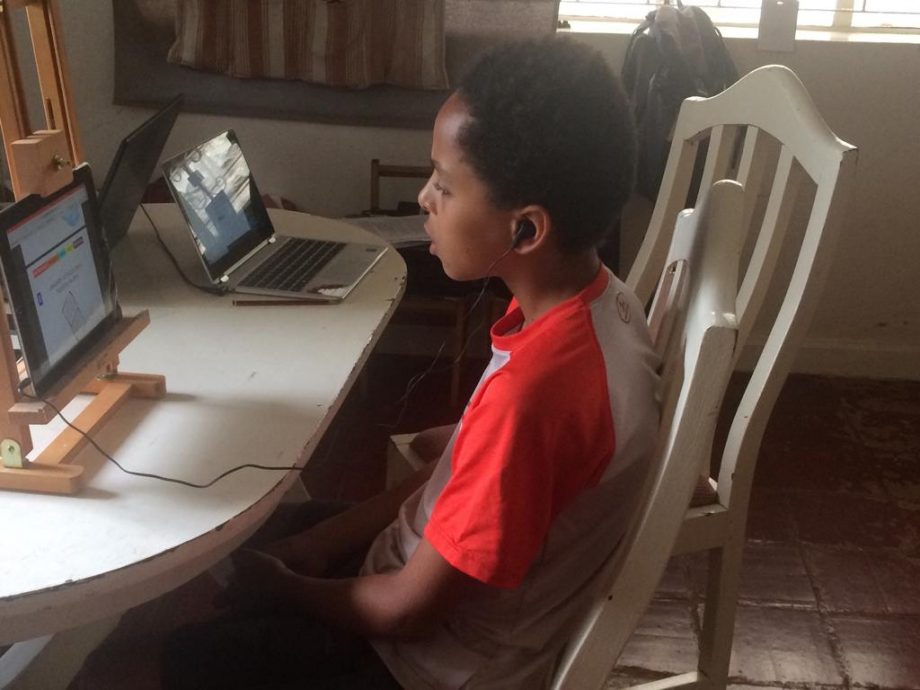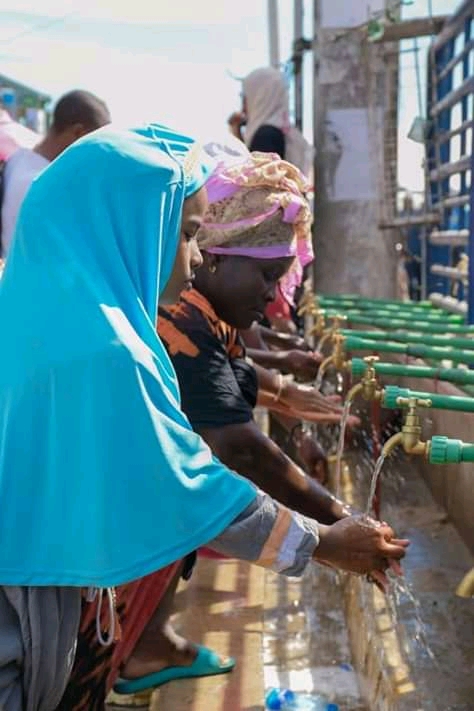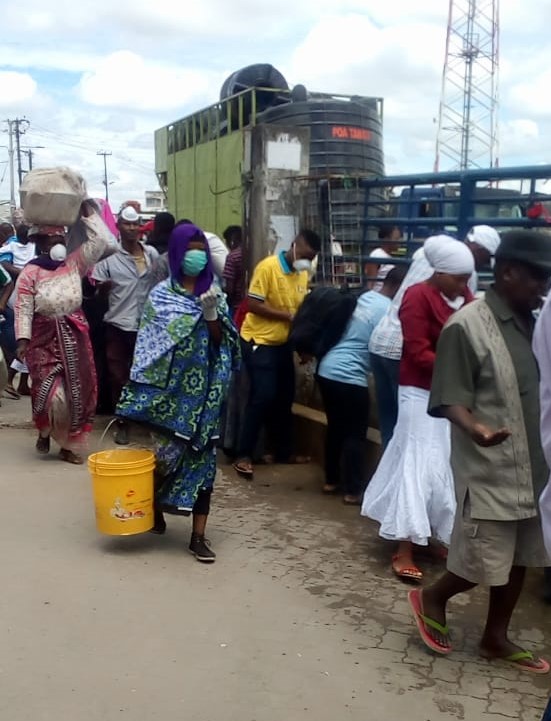Watching Coronavirus in Kenya
Here in Kenya the sun is shining and a beautiful breeze is blowing through the house. But the house is where we have been, and largely stayed for over a week now since 16th of March, when schools closed and most families kept their children home. If it is somewhat frustrating for us, how must it be for those without a spacious house and a nice garden?

The author’s kids doing online school. Source: Kennedy Mkutu Agade
Our two children have been doing their studies on line. This has been remarkably quite successful. It is a relief that they are mostly occupied with Zoom calls, and then when they don’t have calls it is quite nice to be able to come up with some of our own ideas, or let them bake or play a game together. But again, I know we are the privileged ones with the resources and capacity to do this.
Work has reduced, since my fieldwork is no longer possible and this has actually been a good chance to catch up as I’m sure it has been for many others. The doctor in the family (my wife) works part-time when needed and hasn’t been called much, so most of her time has been spent managing the home, but she has kept abreast of developments and tried to play her part in advising people and helping clinical staff figure out how to deal with uncertainties since the situation is changing rapidly, and testing kits and protective equipment are in short supply. An N95 mask is going for 850 Kenya Shillings, about 8 Euros!
There are 25 confirmed cases of COVID-19 as of today (24 March 2020), not a rapid increase from the first case which was announced on 15th March. The government moved very fast to put in the first social distancing measures (schools and limitations on public gatherings) as it was feared that Kenya would be absolutely overwhelmed if it became like Europe.

Frequent handwashing is a challenge for many Kenyans. Source: Kennedy Mkutu Agade
Locally people are scared, and streets are definitely quieter, but some seem not to be heeding all the strict advice. Funerals had been limited to 50 people but horrifyingly one of our friends just came back from a funeral which had 200 people. This was apparently allowed after “special permission” from the governor. We are wondering how much money changed hands there? Moreover, our neighbour hosted a funeral last week with tens of mourners coming in and out the whole week. To be fair, they were being strict about hand washing upon entry.
People who travel on buses are being asked to use hand sanitizer before they get on, and operators have been ordered not to overload, though this has led to inflated prices. However, the whole policy of social distancing and frequent handwashing is almost impossible for many people who live in cramped conditions and have no running water. Stocking up on food items is only for the wealthy so people will have to keep going to the shops, though most people now use mobile money. The public health message does not seem to have got out that you can pass this virus on even before you know you have it. That is a concern, but even if people did know, we think it would be very difficult for most of them to do anything different anyway.

Passengers in Mombasa as they board a normally very busy ferry crossing from Mombasa island to the south coast. Source: Kennedy Mkutu Agade
There is a seemingly impossible balancing act between infection control and economic needs. Many workers for large companies have been asked to take pay cuts, many casual labour jobs are on hold and for the poorest people their already meagre incomes are under threat. Restaurants and bars closed as of yesterday and some markets have been closed down with a lot of terrible rumours flying around that street vendors are going to be teargassed. People will probably travel back to their rural homes, and hopefully this will happen without any significant spread of the virus to those people.
Many of us are praying and asking for a miracle to save Africa from the trajectory we are seeing elsewhere, but also for wisdom for our policy makers, special help and protection for the urban poor and a good harvest in the rural areas. And we also pray for the severely affected countries too.
Written on 24. March, 2020
Kennedy Mkutu Agade (kagade@usiu.ac.ke) is Associate Professor of International Relations in United States International University-Africa, Nairobi.
#WitnessingCorona
This article was simultaneously published on the Blog Medical Anthropology. Witnessing Corona is a joint blog series by the Blog Medical Anthropology / Medizinethnologie, Curare: Journal of Medical Anthropology, the Global South Studies Center Cologne, and boasblogs.































